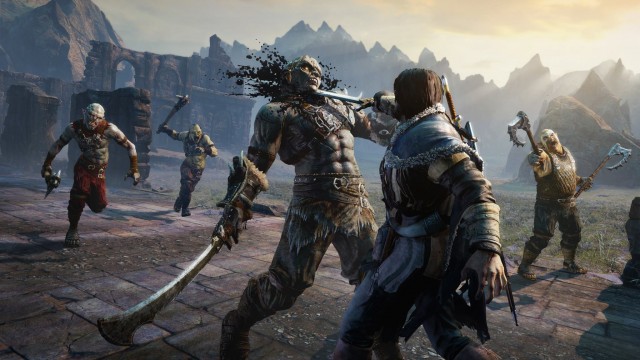Warner Bros. Interactive Entertainment’s game, Middle-Earth: Shadow of Mordor, has been given a bad rep due its deceptive marketing campaign. The Federal Trade Commission stated in a recent news release that Warner Bros. failed to “adequately disclose” that it paid “influencers” such as Pewdiepie and others to promote the game on social media.
This campaign ran in late 2014, before the game’s release. According to the FTC, videos that weren’t adequately disclosed were viewed 5.5 million times. Plaid Social Works, Warner Bros.’ advertising agency, paid the hosts “thousands of dollars” for coverage, according to the complaint.
FTC Bureau of Consumer Protection Director Jessica Rich said consumers have the right to be informed whether someone is providing their opinion or being paid to say nice things:
“Companies like Warner Bros. need to be straight with consumers in their online ad campaigns.”
The FTC also claims that Warner Bros. didn’t tell its influencers that they needed to include sponsorship disclosures in their videos. Warner Bros. stated that they told its paid hosts to put disclosures in the description box. The FTC rebuts by saying that viewers would only be able to see it if they click the “Show More” button. The complaint also states that these disclosures didn’t carry over when shared on other platforms.
In addition, the FTC claims the contracts between Warner Bros. and influencers required hosts to submit their videos to Warner Bros. for pre-approval. The complaint alleges that “on at least one occasion”, Warner Bros. reviewed and approved a video that didn’t contain proper sponsorship disclosure.

As part of the proposed order, Warner Bros. must agree to better disclose when content is sponsored. It requires sponsored videos “clearly and conspicuously disclose any material connection between Warner Bros. and any influencer or endorser promoting its products.”
Additionally, the FTC’s proposed settlement agreement states that Warner Bros. or any firm working on its behalf, must ensure that future campaigns adhere to these rules. This also includes educating influencers about sponsorship disclosures, as well as keeping track of sponsored videos to ensure compliance.
This agreement will be floated in the public space for 30 days, from July 11th to August 10th. At this time, the FTC will determine if this proposal becomes a reality.
Source Images[Header Image, Gameplay]








Published: Jul 11, 2016 12:17 pm